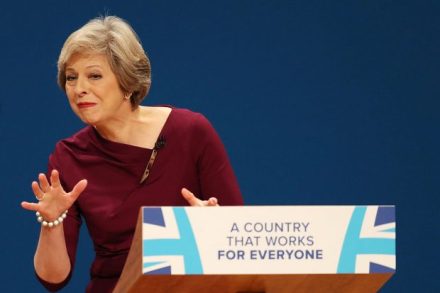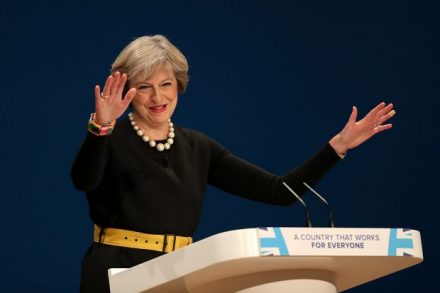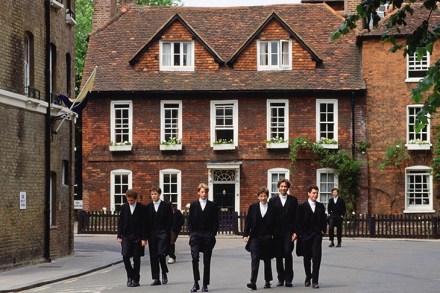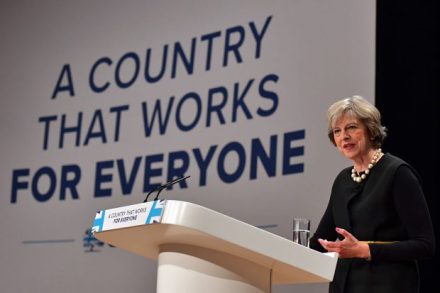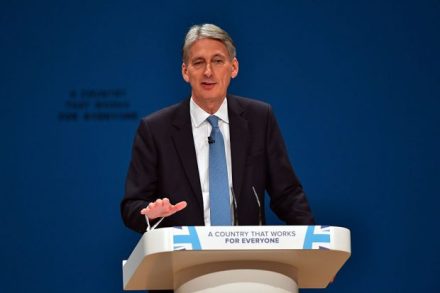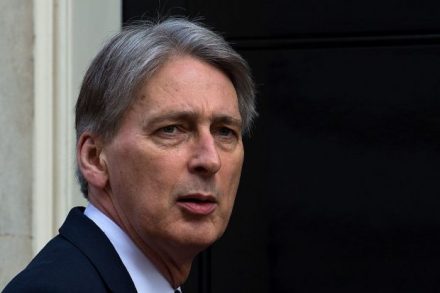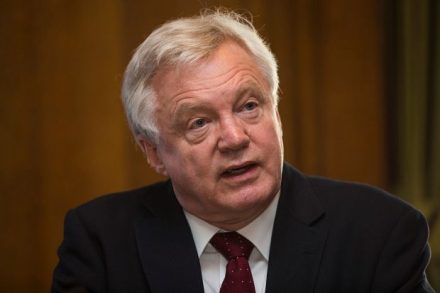At all three party conferences, I felt cut adrift
Perhaps it’s age, perhaps disillusion, or perhaps party conferences really aren’t what they used to be, but I have struggled this autumn against something that has seemed to be carrying me away. As with a swimmer drawn from the shore by a strong current he cannot see, I’m trying not to leave but the people on the beach seem to be getting smaller, and the holiday noise, the shouts and laughter, grows faint. I knew my duty on arriving on the south coast for the Liberal Democrats’ annual gathering. It was to sit through conference debates in the vile windowless warehouse that is the Brighton Centre, scarring the waterfront with





